Address
304 North Cardinal St.
Dorchester Center, MA 02124
Work Hours
Monday to Friday: 7AM - 7PM
Weekend: 10AM - 5PM
In the modern finance sector, several facilities heavily rely on internet connections for their operation.

Retail and commercial banks offer internet banking services, allowing customers to access their accounts, transfer funds, pay bills, and conduct various financial transactions online.
Financial institutions provide mobile banking apps that rely on internet connectivity to enable customers to manage their finances on their smartphones and tablets.
Internet connections are crucial for electronic trading platforms used by stock exchanges, investment banks, and traders to execute buy and sell orders in real-time.
Online payment gateways and processors enable secure internet-based transactions for e-commerce businesses and online merchants.
Financial institutions and investment firms rely on internet connections to access real-time market data, economic indicators, and financial news.
Many finance companies use cloud-based services for data storage, analysis, and computing, requiring constant internet connectivity.
Internet-based investment platforms, including robo-advisors and crowdfunding platforms, depend on internet connections to serve customers and facilitate transactions.
Internet connectivity supports remote work for financial professionals, enabling virtual meetings, communication, and collaboration across different locations.
Financial institutions employ internet-connected systems for real-time risk analysis and fraud detection to safeguard against financial crimes.
Internet-based customer support services, including chatbots and helpdesks, assist customers with their financial inquiries and issues.

Overall, internet connectivity has revolutionized the public utility service sector, enabling better management, optimization, and responsiveness in delivering essential services to the public. However, the increasing reliance on the internet also highlights the importance of robust cybersecurity measures to protect critical infrastructure and data from potential cyber threats.
DNS Security is paramount for the public utility services sector to ensure the availability and reliability of critical infrastructure and services.
Ensuring DNS integrity helps prevent DNS hijacking and domain spoofing, mitigating the risk of cyberattacks that could disrupt essential utilities.
Implementing DNS filtering and monitoring aids in blocking malicious domains, reducing the likelihood of successful cyber intrusions and maintaining the safety and stability of public utility services.

